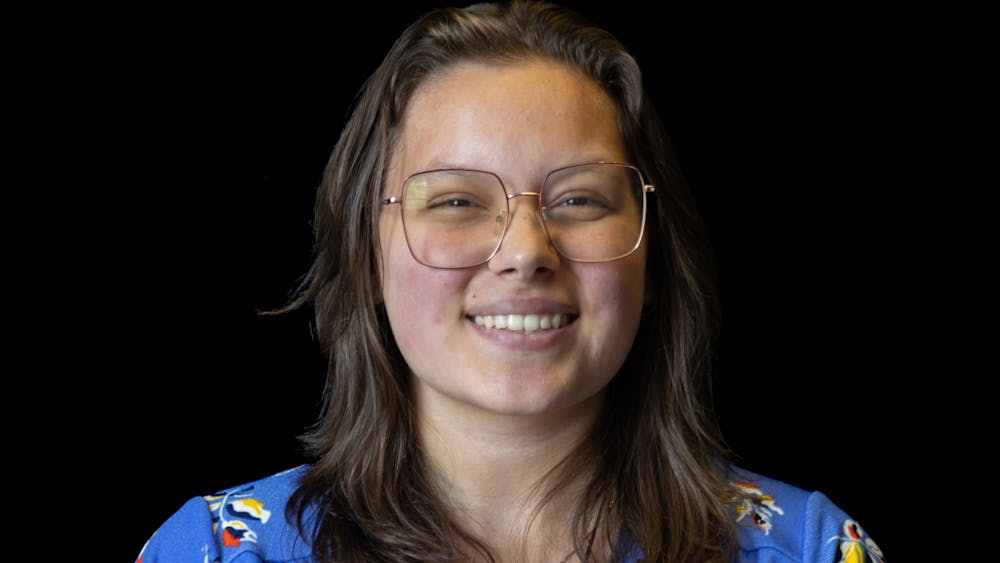Politics diversified, has moved toward 'hyper-partisanship'
National politics in the U.S. today is characterized by strict partisan loyalties.
Some argue this is to the detriment of the American citizenry.
As illustrated by recent health care legislation debates in Congress, party loyalty prevails when it comes time to vote in both chambers and ‘working across the aisle’ is practiced less and less as the issues get more complex.
“The country as a whole has become far more divisive and that certainly has affected politics tremendously,” said Maxine Berman, Griffin Endowed Chair and Gov. Jennifer Granholm’s director of special projects.
Berman said the trend toward “hyper-partisanship,” as she described it, has gotten out of hand and hopes policymakers in Washington become more cooperative, though she does not see that happening any time soon.
“As long as people think they’re going to get something out of hyper-partisanship, then they’re going to just keep doing it,” she said.
Assistant political science professor J. Cherie Strachan said politicians have become more ideologically consistent out of a necessity in order to win primary elections.
“The people who vote and pick the candidates in the primaries are the left and the right wings of the parties,” Strachan said. “It’s easy for intense ideological candidates to attract supporters and raise money because, when people have those intense ideological orientations, they’re easier to mobilize.”
Strachan said the problem with politicians catering to extremist viewpoints in order to win primary elections is that it facilities the ideological rift between the parties which leads to lack of cooperation.
“They’re willing to demonize each other and see each other as the enemy as opposed to identifying themselves as Americans who have something in common and a problem in common that they are trying to solve even though they may have different value priorities or different policy preferences,” Strachan said.
U.S. Rep. John Dingell, D-Mich., spoke to Berman about party politics in Washington and she recounted the interaction, noting how much experience Dingell has had as a Congressmen.
“Dingell said he’s never seen anything like this; it’s gotten so partisan,” she said.
Strachan said change depends on the average American.
“One of the things we could do is mobilize people and help them to understand that ... they’re going to continue to get candidates that reflect the ideological extreme unless moderate average Americans ... vote in the primary elections,” Strachan said. “We have to make room for pragmatism, but that won’t happen unless people demand it.”




